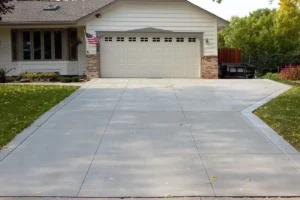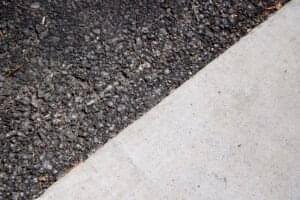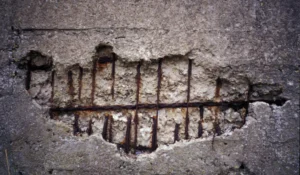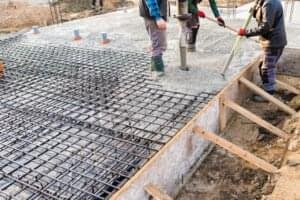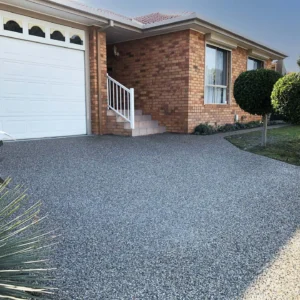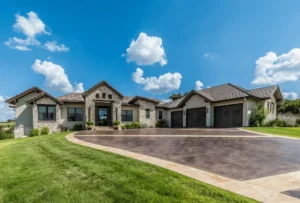Resurfacing is a cost-effective option if your driveway has minor cracks and surface damage, while replacement is necessary for severe structural issues. If the foundation is intact, resurfacing can extend its life, but if the damage is extensive, a full replacement is the better choice. The right decision depends on the condition of your driveway and your long-term goals.
By reading this blog, you’ll learn when resurfacing is sufficient and when replacement is the only solution. If you need expert concrete services, contact Greenville Concrete Contractor for free professional assistance.
Phone: (912) 361-6661
Email: info@greenvilleconcretecontractorshq.com
Location: Greenville, SC
Resurfacing vs. Replacement
What Is Resurfacing?
Concrete resurfacing refers to the process of placing a new coat of cement or a specialized overlay to repair the appearance and functionality of the pathway. It is an inexpensive option for driveways with small cracks, discoloration, or surface deterioration.
Pros of Resurfacing:
More affordable than full replacement
Faster installation (usually completed in a few days)
Enhances the appearance of an old pathway
Environmentally friendly (less concrete waste)
Cons of Resurfacing:
Doesn’t fix structural problems
Not suitable for surface with deep cracks or extensive damage
What Is Replacement?
Concrete replacement involves replacing the old driveway entirely and constructing a new slab. This is a permanent fix for severely cracked, sinking, or structurally unsound surfaces.
Pros of Replacement:
Eliminates all structural concerns
Increases property value
Provides a fresh, durable surface
Customizable with stamped or decorative concrete options
Cons of Replacement:
More expensive than resurfacing
Takes longer to complete (can take a week or more)
Requires more labor and materials
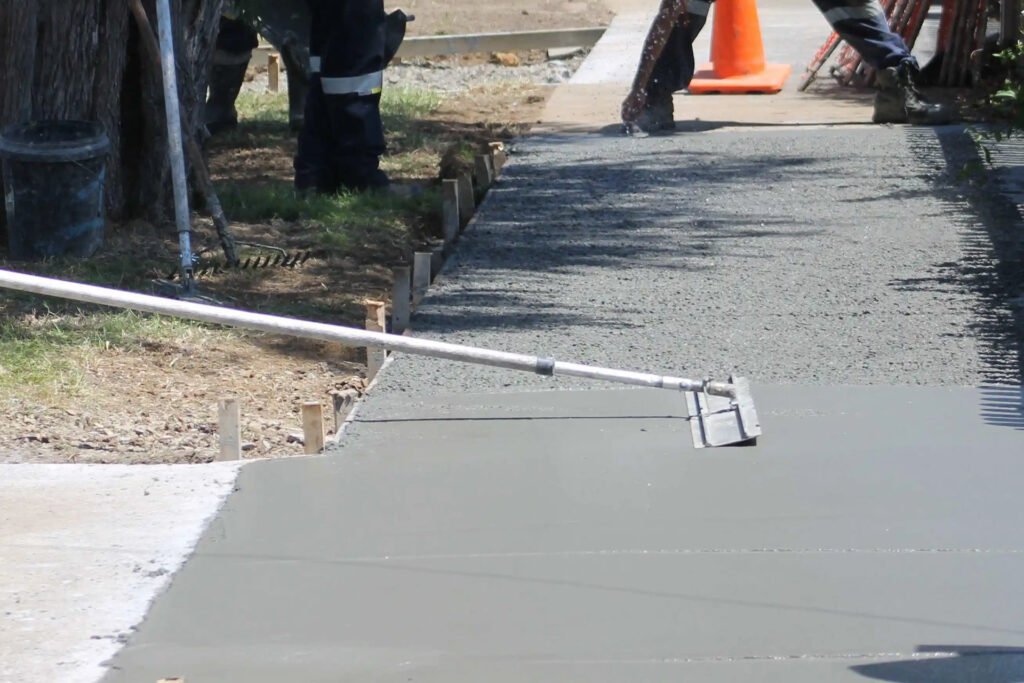
How to Decide Between Resurfacing and Replacement?
1. Assess the Damage
Small cracks or surface wear → Resurfacing is a good option.
Large cracks, deep damage, or sinking areas → Replacement is recommended.
2. Consider the Age of Your Surface
If your pathway is 10-15 years old and has minor wear, resurfacing can extend its lifespan.
If it’s over 20 years old and showing significant damage, replacement is the better long-term solution.
3. Think About Your Budget
Resurfacing typically costs less than half the price of full replacement.
If budget allows, replacement is a more durable investment.
4. Look at Aesthetic Preferences
If you want a fresh look without major structural work, resurfacing can achieve that.
If you want a completely new design, including stamped or colored concrete, replacement offers more customization. The best time of year to replace a driveway is during mild weather conditions, such as spring or fall, to ensure optimal curing and durability.
Why Choose Greenville Concrete Contractor?
At Greenville Concrete Contractor, they have years of expertise in driveway repair, resurfacing, and replacement. Their team carefully assesses your surface to recommend the best solution, ensuring quality work that lasts.
✅ High-Quality Materials
✅ Experienced Professionals
✅ Free Consultation & Honest Recommendations
✅ Competitive Pricing
Frequently Asked Questions
1. How long does c resurfacing last?
With proper maintenance, resurfacing can last 10-15 years, depending on weather and usage.
2. Is resurfacing cheaper than replacing a pathway?
Yes, resurfacing is significantly cheaper, usually costing 50-70% less than full replacement.
3. Can all driveways be resurfaced?
No, resurfacing only works if the base concrete is still structurally sound.
